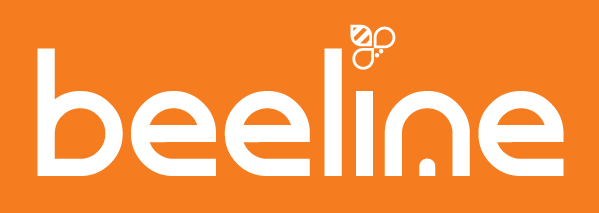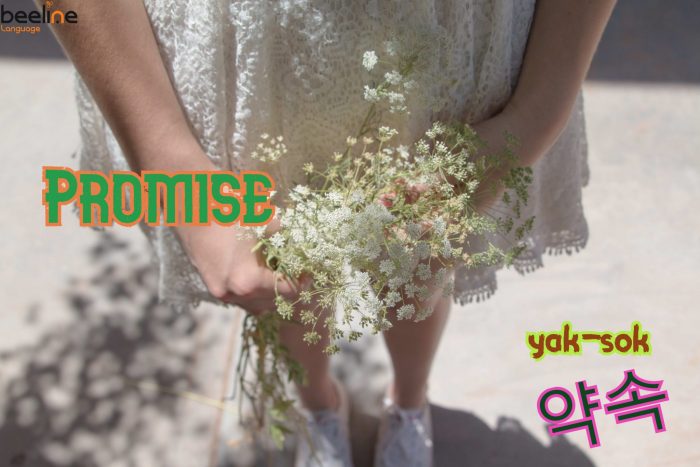In most Western cultures, when two people make a commitment, it is usually a verbal agreement, followed by a handshake, which essentially confirms the deal. In Korean culture, this is done slightly different. A commitment, or a promise is made through a ‘pinky promise’, which is done verbally and with a hand gesture that is unique to Koreans (more about that below). Today, you will learn how to say promise in Korean AND also learn how to make the physical commitment.
How To Say Promise In Korean
This is how you say promise in Korean: 약속 [yak-sok]
How do you say I promise in Korean?
나는 약속 [na-neun yak-sok]
Note that it is rare to say ‘I’ in a sentence like this. You can say this but it is not how a Korean person would say this, as it is almost redundant in spoken Korean as it would be assumed you are speaking about yourself.
However, if you are speaking about someone else, it would be clear, as you would be referring to this other person by name or title.
It sounds confusing, but you’ll get used to it once you start speaking more.
What does Yaksok mean in Korean?
Yak-sok means ‘I promise’ in Korean. You may have seen two Korean people speaking with one saying to the other ‘yak-sok’, while offering their pinky finger. The other person would then wrap their pinky finger around their friends and respond with ‘yak-sok’. You might call this the ‘pinky promise‘ in English.
They would then touch their thumbs together and that would ‘bind’ the agreement.
This is two Koreans would make a commitment or a promise together. It’s like a handshake, but is unique to Korean culture.
Sample Sentences Using Promise In Korean
새끼 손가락 마주 걸고 꼭 약속 하는거야. [se-ggi-son-ga-rak ma-joo geol-go ggok yak-sok ha-neun-geo-ya].
Crossing our little fingers, making the promise to keep.
Note that 새끼손가락[se-ggi-son-ga-rak] is little(pinky) finger in Korean.
약속을 지키지 않는 어른은 나쁜 어른이야. [yak-sok-eul ji-kee-jee an-neun eo-reun-eun na-bbeun eo-reun-ee-ya].
An adult who does not keep his/her promise is not honest.
Other Similar Words To Promise in Korean
Similarly, how would you say reservation/appointment in Korean? You would say 예약 [yai-yak].
Also, when you are respectfully rescheduling an appointment, you would say “제가 선약이 있어요.” [jae-ga sun-yak-ee it-seo-yo] and that means I have an another arrangement that was made earlier.
선약 [sun-yak] means ‘appointment made prior to’ and you may use this to be polite with people, when rejecting or rescheduling an appointment.
Happy Studying!




